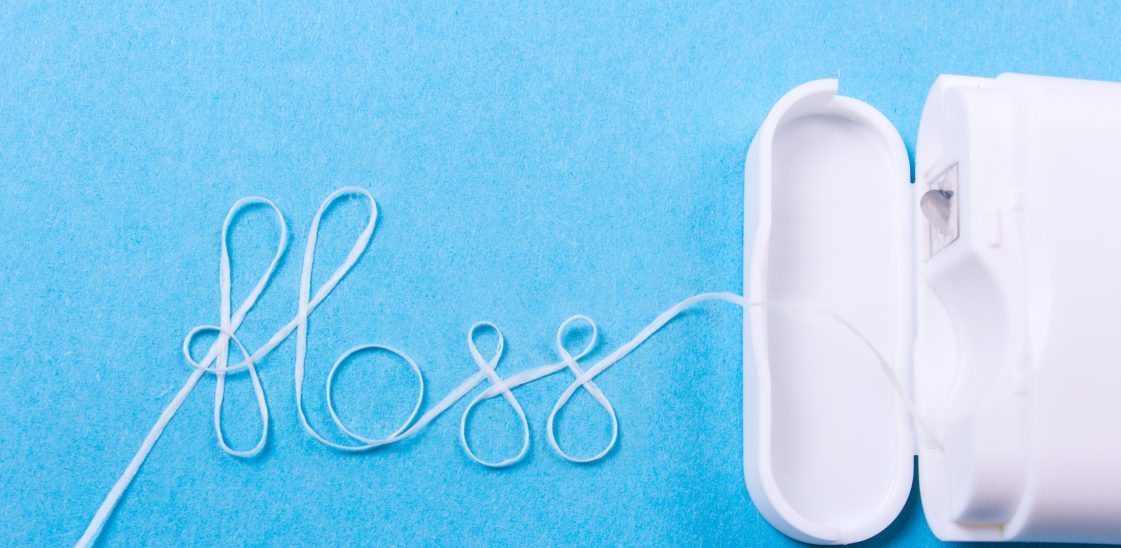
Why do my gums hurt after flossing?
If you often experience pain or bleeding when flossing, it can be discouraging and sometimes scary. It might even be enough to prevent you from flossing at all. Whatever the reason behind it, not flossing can lead to dental problems further down the road. However, gum pain is a common problem that can usually be fixed, allowing you to maintain a healthy oral hygiene routine that your teeth will thank you for.[1]
Is it normal for gums to hurt after flossing?
Gums are sensitive things, and pain or discomfort can have a range of causes. While it’s not ideal for your gums to hurt after flossing, it happens to a lot of people. A small amount of pain, bleeding or discomfort isn’t a serious problem, and you should be able to rectify this by altering your flossing technique or trying a different floss pick.
However, not all gum pain can be resolved so simply. If you’re experiencing severe, prolonged pain in your gums, or extensive bleeding when you floss, this can be a sign of a more serious issue. Possible causes of significant unexplained gum pain could include:
- Gum disease (also known as gingivitis)
- Mouth ulcers or canker sores
- Allergic reactions
Additionally, gum pain can also stem from tooth problems such as cavities or a cracked tooth. The best way to find the cause of unexplained gum pain or bleeding is to visit your dentist who can examine your symptoms properly and advise you on your treatment options.[2]
Why does flossing hurt?
If you’ve ruled out a more serious cause of gum pain or bleeding, then there are a few reasons why flossing might cause your gums to hurt. Firstly, your flossing technique may be to blame. It might seem logical that flossing more vigorously will remove more plaque from between your teeth, but this can actually cause bleeding and pain in your sensitive gums. Try taking the time to floss gently and methodically to see if that lessens the discomfort.
Another reason why flossing may cause pain is that you’re not doing it enough. Although it sounds counterintuitive, the more you floss, the less it will hurt. This is because you’re removing more plaque from your teeth and less plaque is building up, meaning your gums are less irritated to begin with.
With both of these potential causes of gum pain while flossing, it’s important to consider the reasons why they occur. Many people find it difficult to floss with traditional string floss from a dexterity standpoint. If this is the case, then you might find it advantageous to try DenTek’s Triple Clean floss picks. These can be easier to use and have all the benefits of regular floss.[1]
Does flossing create gaps in teeth?
If you’ve heard that flossing causes gaps between your teeth, that might put you off maintaining a good oral hygiene routine. Many people think that pulling floss between the teeth forces them apart and causes existing gaps to widen. This isn’t true. While flossing can result in gaps between your teeth, this shouldn’t happen if you are following the correct flossing procedure.
Vigorous flossing can cut the gums, causing them to recede and leave gaps, which is why it is vital to be gentle with your gums even if they aren’t usually sensitive. Fortunately, learning how to use floss properly – either string floss or floss picks – can help you to maintain a healthy oral hygiene routine while avoiding pain, bleeding and gaps.[1]
Resources:
[1] https://www.nhs.uk/common-health-questions/dental-health/why-should-i-use-dental-floss/




